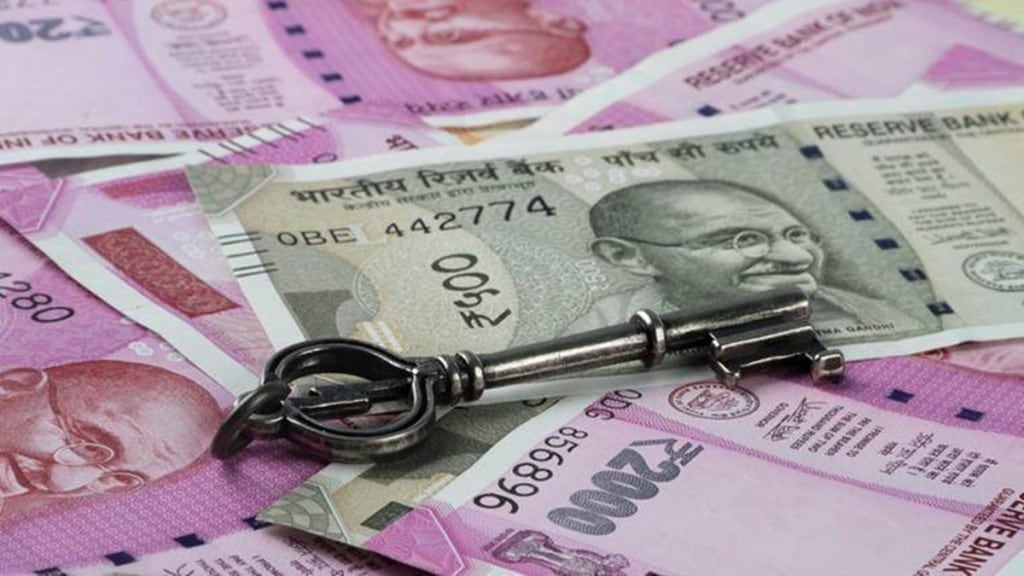Global investor Fortress Investment Group, US-based HPS Partners, Qatar-based Power International Holding (PIH) and others are evaluating deals in the Indian private credit space. All of them are in touch with investment bankers in India for deals in private credit, said sources aware of the developments.
“These global firms want to do deals of at least $50-100 million and are in touch with bankers,” the sources said. HPS Partners declined to comment on the subject. Mails sent to PIH and Fortress did not elicit any response.
Also read: Institutions lap up Coal India shares with bids worth Rs 6,500 cr; govt exercises green shoe option
PIH is a diversified business conglomerate, grouped into five main sectors: general contracting, industries & services, agriculture & food industries, real estate, and lifestyle (hospitality, entertainment & catering). “PIH is keen to get into private credit in India and looking into deals,” said a senior investment banker.
HPS Investment Partners manages various strategies across the capital structure that include syndicated leveraged loans and high yield bonds to privately negotiated senior secured debt and mezzanine investments, asset-based leasing and private equity, its website said. It manages $101 billion of assets under management as of April, of which $22 billion is public credit and $79 billion is private credit.
Fortress is a leading, diversified global investment manager with $44.2 billion of assets under management as of March 31.
Recently, a Bloomberg report said Carlyle is in the early stages of exploring an entry into India’s private credit market, joining the likes of Oaktree, Blackstone, Goldman Sachs and Apollo Global Management which are already active in this segment.
Similarly, SoftBank Investment Advisers, which manages two Vision Funds, is exploring launching a private credit strategy that provides debt or debt-like structured financing for late-stage tech startups, Reuters said in a recent report.
More global names looking at private credit deals are doing the rounds; Shapoorji Pallonji Group is looking to raise $1.6 billion through private credit and is reported to be in talks with Ontario Municipal Employees Retirement System, Varde Partners, Cerberus Capital Management and Farallon Capital Management.
“India’s economic performance vis-à-vis rest of world, more conviction about sustained economic growth, foreign policy successes, a more stable currency versus others have made them take interest in Indian private credit,” said Bharat Gupta, EY India strategy and transactions partner.
Given that bank balance sheets are much cleaner and there aren’t too many distressed asset opportunities, some of the more agile funds have moved towards special situations funding, such as bridge to IPO, promoter settlements, PE exits, and so on, Gupta said. “India’s success in handling the pandemic and post-pandemic growth has led to more interest and keenness to participate in India’s growth story. So yes, more funds who were earlier on the fence are looking at India now,” he added.
Gupta said the rise of domestic ultra high net worth money finding its way to the space as an asset class has been another benefit.
Also read: JioCinema now paid service, with cheapest premium plan
In 2022, private credit transactions worth more than $5.3 billion were executed in the country, an EY report authored by Gupta earlier this year said. Half of these deals were under the average ticket size of $40 million, with a fair mix of domestic and global funds participating in deal making during the year.
Overall appetite for private credit deal-making is strong over the next 12 to 24 months. Interestingly, over 70% of private credit fund managers believe that there is a moderate risk within the overall private credit portfolio, led by private credit investments into the real estate sector, a survey conducted by EY said.
Vishal Srivastava, executive director at Anarock Capital agrees with Gupta. “If you look at what is happening globally, India is in much better condition. Germany is in recession and major banks in US saying it will slip in recession. So no major economies apart from India, China and Japan are on the growth path. India is more open to FDI than China and investors are showing interest here.” In India, they can expect yields of 18 to 20% in real estate credit in rupee terms and about 16% in non real estate.

